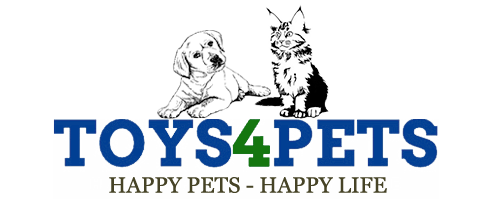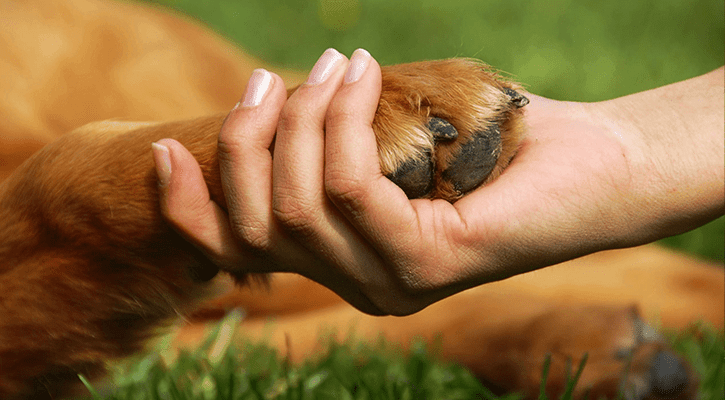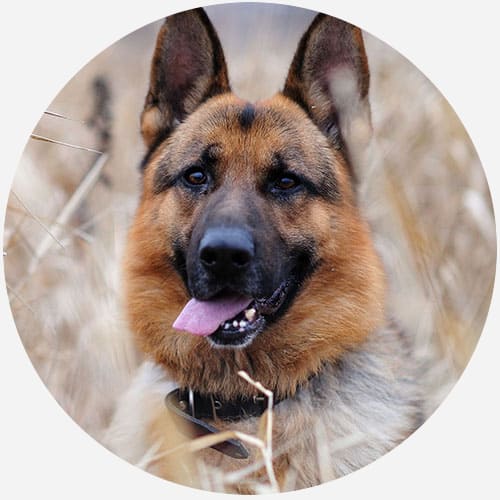Dogs are known for their quirky behaviors, and one common behavior that many dog owners encounter is their dogs licking and biting their paws. This behavior can be concerning for pet owners, as it may indicate underlying issues or discomfort. In this article, we will explore the reasons why dogs engage in paw licking and biting, how to address this behavior, and potential treatments to alleviate any discomfort your furry friend may be experiencing.
Dogs Biting Their Paws: Understanding the Behavior
Dogs biting their paws is a common behavior that can have various underlying causes. It is essential to identify the root cause to address the issue effectively. Some possible reasons for this behavior include:
a. Allergies: Allergies, such as food allergies or environmental allergens, can cause dogs to bite their paws as a way to alleviate itchiness and discomfort.
b. Parasites: Fleas, ticks, mites, or other parasites can irritate your dog's paws, leading to excessive licking and biting.
c. Dry Skin: Dry skin can cause itching and irritation, leading to paw biting. This can be a result of environmental factors or inadequate grooming.
d. Anxiety or Stress: Dogs may resort to excessive licking and biting of their paws as a response to anxiety or stress. This behavior serves as a self-soothing mechanism.
e. Boredom or Lack of Stimulation: Dogs with pent-up energy or boredom may engage in paw licking and biting as a way to alleviate boredom or release energy.
How to Get Your Puppy to Stop Biting
Puppies, in particular, may engage in paw biting as part of their teething process or exploration. It is crucial to address this behavior early on to prevent it from becoming a habit. Here are some tips to help stop your puppy from biting:
a. Provide Appropriate Chew Toys: Offer a variety of safe and durable chew toys for your puppy to redirect their biting behavior. This will help satisfy their natural urge to chew and keep them away from their paws.
b. Positive Reinforcement: Reward your puppy with treats and praise when they choose to chew on their toys instead of their paws. Positive reinforcement will encourage them to repeat the desired behavior.
c. Distraction Techniques: Distract your puppy with interactive play or training sessions to redirect their attention away from their paws. Engage them in activities that stimulate their minds and bodies.
d. Avoid Harsh Punishments: It is essential to use positive reinforcement methods rather than resorting to punishment. Harsh punishments can lead to fear and anxiety, exacerbating the paw-biting behavior.
Dog Licks His Paws: Causes and Remedies
If your dog licks his paws excessively, it is crucial to determine the cause and take appropriate measures to provide relief. Here are some common causes and remedies for dog paw licking:
a. Allergies: If allergies are the cause, consult with your veterinarian to identify the allergen and develop a suitable treatment plan. This may include dietary changes, allergy medications, or allergy shots.
b. Parasites: Regularly check your dog for fleas, ticks, or mites. Use appropriate preventive measures, such as flea and tick treatments, to keep these parasites at bay.
c. Dry Skin: Provide proper hydration for your dog, ensure a balanced diet, and consider using pet-safe moisturizers to alleviate dryness and itchiness.
d. Anxiety or Stress: If anxiety or stress triggers paw licking, consult with a professional dog trainer or animal behaviorist to address the underlying emotional issues. They can provide guidance on behavior modification techniques or recommend calming aids if necessary.
e. Environmental Factors: Minimize exposure to potential irritants in your dog's environment, such as harsh chemicals, allergens, or irritants. Keep their living area clean and free from potential triggers.
f. Regular Grooming: Regularly clean and groom your dog's paws to remove any dirt, debris, or irritants that may contribute to paw licking. Trim their nails to prevent discomfort or injury.
g. Paw Soaks: Soaking your dog's paws in a gentle, pet-safe solution can help alleviate any inflammation or itchiness. Consult with your veterinarian for appropriate paw soak recommendations.
h. Protective Measures: Consider using protective boots or socks for your dog to prevent them from accessing their paws and engaging in excessive licking or biting.
Excessive Paw Licking and Biting: When to Seek Veterinary Assistance
While occasional paw licking and biting may be normal, excessive and persistent paw-related behaviors could indicate an underlying health issue. If you notice any of the following signs, it is recommended to consult with your veterinarian:
a. Intense redness, swelling, or open sores on the paws.
b. Persistent limping or difficulty walking.
c. Hair loss or changes in coat condition around the paws.
d. Foul odor or discharge from the paws.
e. Changes in appetite, energy levels, or overall behavior.
Your veterinarian will perform a thorough examination, conduct necessary tests, and provide appropriate treatment options based on the underlying cause.
Conclusion:
Understanding why dogs lick and bite their paws is crucial in addressing this behavior effectively. By identifying the root cause and implementing appropriate remedies, you can help alleviate any discomfort your dog may be experiencing. Remember to provide proper chew toys, engage in positive reinforcement, and seek veterinary assistance if needed. With patience and care, you can help your furry friend find relief and enjoy happy, healthy paws.




